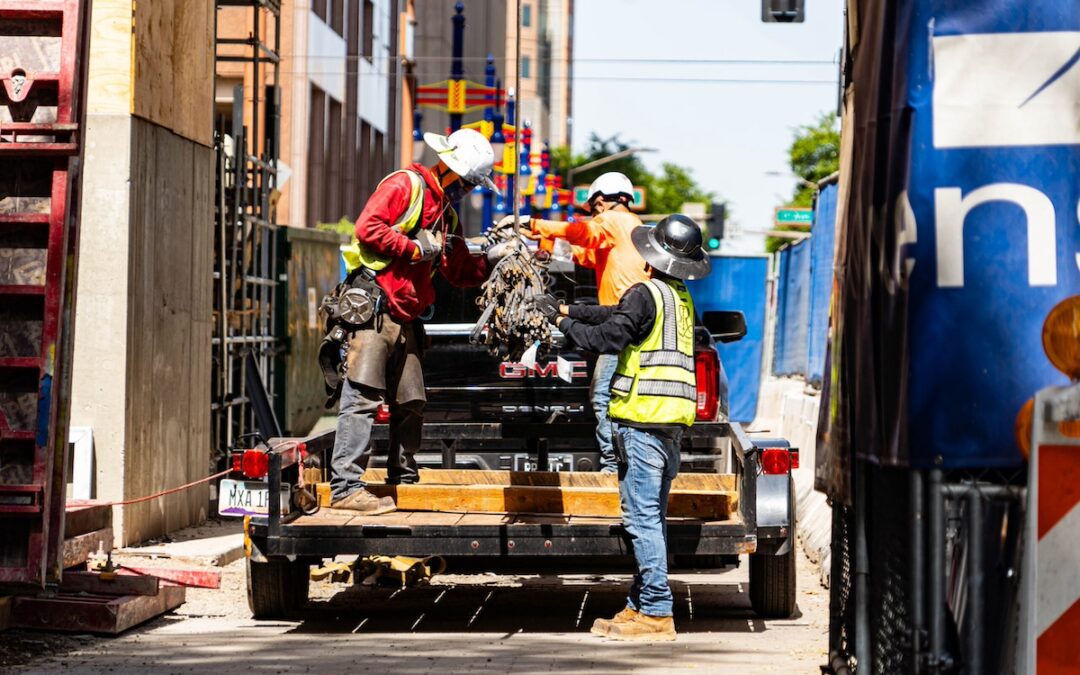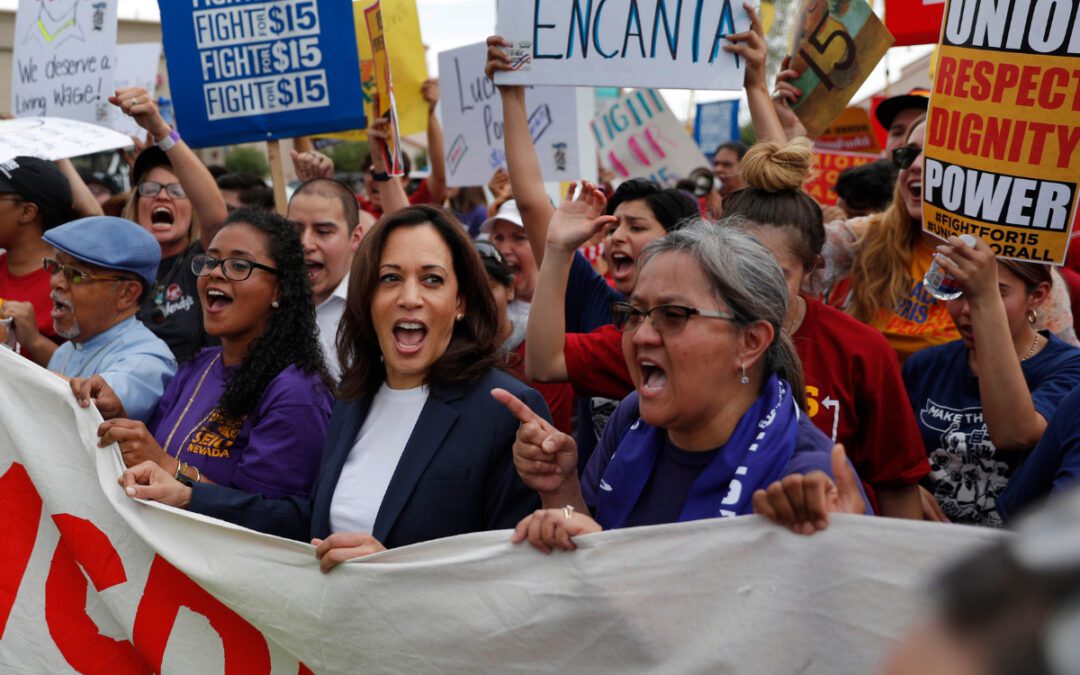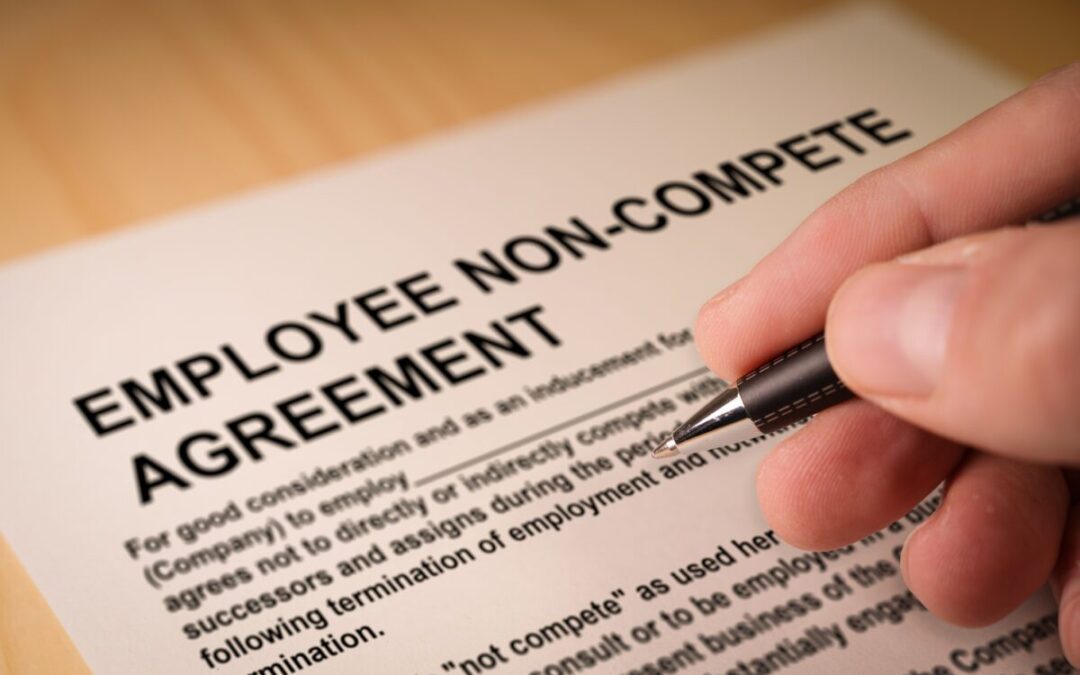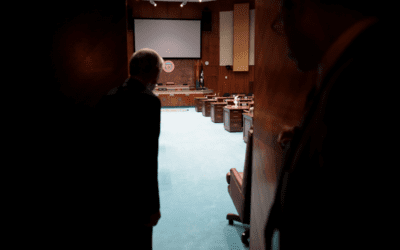
Photo by Pollyana Ventura
Arizonans who work as independent contractors could soon be deemed regular employees — and be eligible for the wage and anti-discrimination protections that come along with the distinction.
For a worker in Arizona, the difference between being called an independent contractor or an employee is enormous. While employees at Arizona businesses are entitled to overtime pay, protection against workplace discrimination, and other guarantees enshrined in the Fair Labor Standards Act, those who are deemed independent contractors aren’t afforded the same.
But a new rule from the Department of Labor that tightens the analysis for determining whether a worker is an independent contractor or an employee could have major ramifications, not just for workers, but also for taxpaying businesses and the governments that collect from them.
Inside the test
The Department of Labor’s final rule, which was announced on January 10, changes its Wage and Hour Division regulations to shift its analysis for deciding whether a worker should be classified as an employee or an independent contractor under the FLSA, according to a Federal Register bulletin from the Labor Department.
“This final rule will protect employees from misclassification, which can deprive workers and their families of key protections and benefits,” said Jake Andrejat, press advisor at the Department of Labor, in an email.
The analysis rests on an examination of six elements of the relationship between the employer and the worker, including:
- The worker’s likelihood to make or lose money from the work agreement.
- Any potential “investments by the worker and the potential employer.”
- How permanent the working relationship is.
- How much control the employer exerts over the worker, like setting their hours or mandating that the worker only works for the employer.
- How essential to the business the worker’s labor is.
- The “skill and initiative” of the worker.
The rule is set to go into effect on March 11, 2024.
What changed?
Shefali Milczarek-Desai, an associate professor at the University of Arizona law school who specializes in the intersection of labor and migration, said this rule changing the analysis of worker-employer analyses is more of a return to form.
She said this six-factor test had been the norm in the courts for decades until it was changed in 2021 to purportedly provide more clarity to business owners about who they can call an independent contractor. This Trump-era rule gave more weight to two factors: the worker’s opportunity for profit or loss, and the degree of control an employer could exert over their workers.
“The 2021 rule, if not rescinded, would lead to confusion and disruption for workers and businesses, and this could increase the risk of misclassification,” Andrejat said. “The Department’s new rule will help reduce confusion for both workers and employers and will reduce the risk of misclassification.”
In a press release announcing the new final rule, the labor department said this previous approach “is not consistent with the law and longstanding judicial precedent.”
Milczarek-Desai said the revived FLSA test is akin to the way the IRS tests whether a worker is an independent contractor or an employee by measuring the totality of the relationship between both parties, rather than giving additional credence to select factors.
“In my experience as an employment and labor attorney for almost 20 years, most of the time people are employees when they’re working for companies and corporations and businesses,” she said. “But you still need to go through the test. And I think the gig economy is one reason why this has come up. It’s come up many times over the years, but the current battle that’s being fought over this issue is really around platform workers and the gig economy.”
Scope of the gig economy
Arizona has seen a burgeoning gig economy in recent years, largely fueled by the pandemic and an increasingly precarious labor market. On a national scale, an analysis of 2020 census survey data conducted by the Government Accountability Office found that one-third of businesses reported using contractors, while half of businesses included in the survey said they used part-time workers. The survey includes roughly 300,000 businesses every year.
In California, the rideshare companies Uber and Lyft have been embroiled in a years-long legal battle with the state over whether they misclassify their drivers as independent contractors. Both Uber and Lyft have said the Department of Labor’s final rule isn’t going to affect the way they do business.
“My prediction is that there’s going to be a lot of cases in court before we know, for example, in the Lyft and Uber situation, whether or not this rule is going to mean that [drivers] are independent contractors,” Milczarek-Desai said. “As I said to my students, the facts are really going to matter. It’s possible that you’ll have an Uber driver in California be considered an independent contractor under these rules, but an Uber driver in Tucson working differently under different circumstances might be considered an employee.”
Who’s missing out?
In testimony before Congress in April 2023, Laura Padin, the director of work structures at the National Employment Law Project (NELP), said that independent contractors can be split into two distinct camps. One is a minute group of high-earners with high degrees of bargaining powers, like lawyers, and the other is the vast majority of middle and low-wage workers “who are falling behind employees in the same industries.”
In her testimony, Padin cited a 2022 study on gig workers that found that 1 in 7 workers earned less than the federal minimum wage of $7.25 per hour and that 30% received SNAP benefits. The study also found that an average construction worker can lose out on nearly $17,000 every year in benefits and income if they are classified as an independent contractor rather than as an employee.
“Misclassification is occurring every day and is particularly common in healthcare, building services and construction industries,” Andrejat said. “But the Department also sees misclassification in other less common industries, such as restaurants.”
Misclassification of an employee is a problem not just for workers who are incorrectly deemed an independent contractor, but also for governments collecting taxes on employment.
Not just workers
Here in Arizona, Attorney General Kris Mayes’ office formed a worker protection unit in September 2023, which in part is tasked with investigating and prosecuting tax and payroll fraud and working to combat worker misclassification. A 2018 report from the NELP found that state governments lose millions of dollars in tax revenue from worker misclassification every year.
Employers who don’t misclassify their employees are also losing out, Milczarek-Desai said.
“Employers who play by the rules, who make sure that they’re not misclassifying, they are paying more, right?” she said. “They’re paying taxes on their employees. They’re paying minimum wage, they’re paying overtime, they’re getting paid sick leave benefits, other types of benefits.
“And so they have an unfair disadvantage when other employers who are competing with them aren’t paying that, because those other employers are making more money. They have more resources because they’re violating the law.”
While this rule won’t go into effect until March, workers who are currently classified as independent contractors should use this six-factor test to think about the relationship they have with their employer and if they are indeed working for themselves, or if they should really be getting employee benefits and protections.
“It is not the employer who gets to decide whether you’re an employee or an independent contractor, and you also aren’t the one who gets to decide,” Milczarek-Desai said. “The law decides.”

As Arizona swelters, workplace heat protections remain sparse with no state law and OSHA proposal likely stalled
Construction, agriculture and landscaping workers are at high risk due to heat and sun exposure, according to the federal Occupational Safety and...

Arizona Teamsters endorse Harris for president after national leaders decide to sit out election
Arizona Teamsters’ leadership unanimously voted to endorse Vice President Kamala Harris and Minnesota Gov. Tim Walz in the November presidential...

Judge upholds Biden-Harris administration’s ban on noncompete clauses
Noncompete clauses effectively prevent workers from starting their own business or finding a new job in the same field within a certain area or...

A Trump judge just blocked the ban of noncompete clauses
The FTC voted to ban noncompete agreements in April—those pesky clauses that employers often force their workers to sign which effectively bar them...





